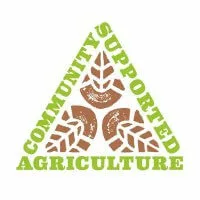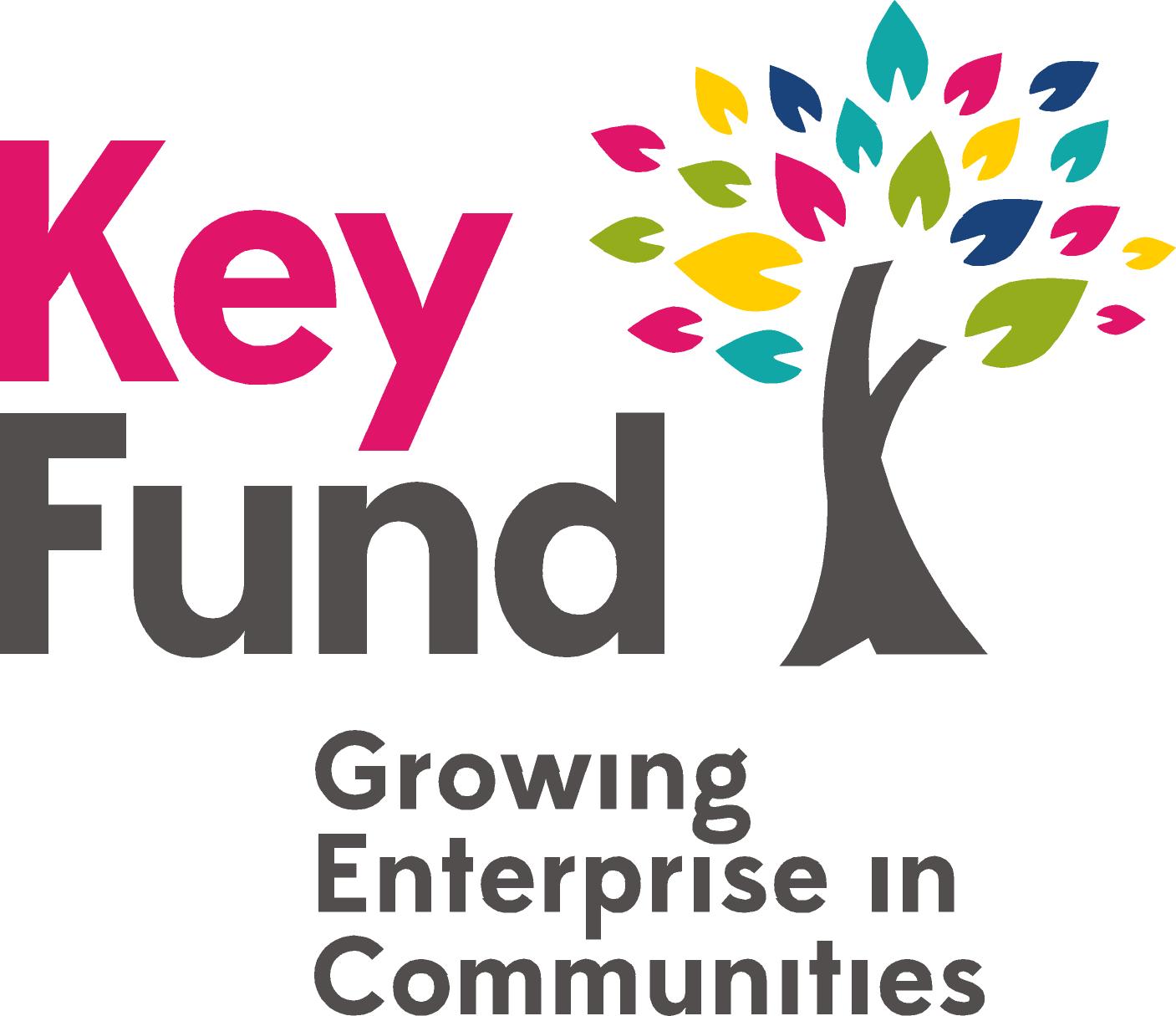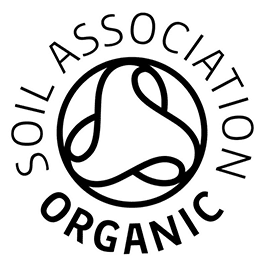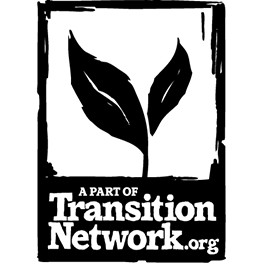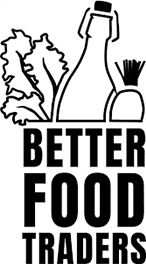
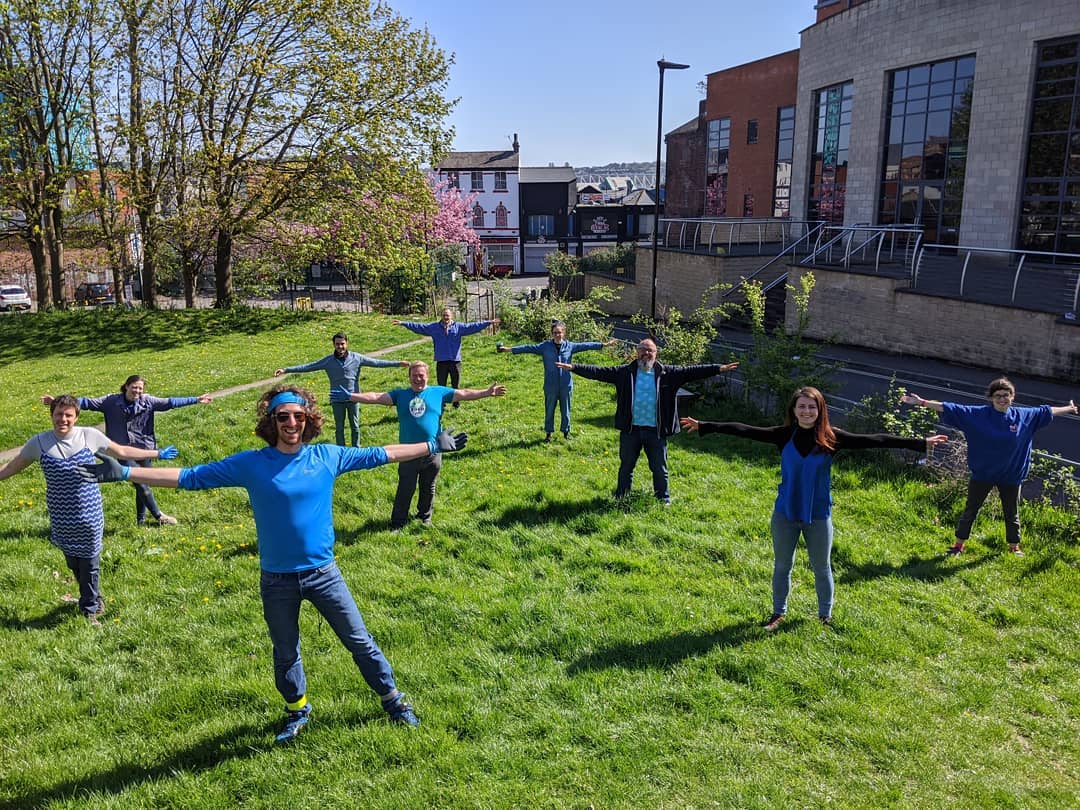
The impact of the Covid-19 crisis has put further strain on an already under pressure food system that for years has not worked for the benefit of the environment, food producers and the health and awareness of local people.
The last few months has had a massive impact on us as an organisation as our Organic fruit and veg box scheme has doubled in size and our whole focus has been turned to that. With a bit more time to reflect now as we start to get used to the “new normal”, we wanted to share our journey as we now start to look ahead again and prepare for the re-opening to new customers to join our box scheme.
Here at Regather (a Sheffield based Community Benefit Society), we believe in the urgent need to create a more sustainable system and have been working as part of a wider movement to achieve that goal since our inception in 2001. The Covid-19 crisis is easily the biggest single impact we’ve faced as a business and community thus far, with wide ranging implications for this goal.
Our trading activities have typically included:

Since lockdown was declared in mid March 2020, we’ve seen a dramatic reshaping of our activities and demands on our team. Inevitably first to feel the full force of the lockdown was our venues event programme, with all events cancelled with immediate effect. We’ve also seen our food hub facilities like our kitchen, crawl to a standstill with businesses and users pausing their activities while reality set in. We very reluctantly had to make the difficult decision to cancel our 10 year celebrations for the Folk Forest festival this summer, which has for years been a key date in the calendar to unite the local community and put Regather at the heart of that. Similarly our work in event management has also been curtailed with the delivery of Peakender festival (a Beer festival organised by Thornbridge Brewery) and Heartbreak Outdoor Theatre events series all cancelled. The knock on to our events programme curtailment has also effected our drinks (cider and craft beer) market and has prompted a rethink on future trading.
However, the impact of the epidemic has not all been negative. The closure of many of our core activities has enabled an all hands on deck reappraisal of Regathers work and our ability to double down on those activities still in demand. We’ve also now switched to employing all our box packers and no longer relying on support from volunteers. Our team has increased and despite challenges faced by members of the team in terms of other employment no longer being available, we’ve managed to offer more working hours.
With the lockdown in full force and supermarkets nationally unable to meet the new demand for deliveries, our veg box scheme has doubled in size, growing from approximately 325 boxes per week to 650 per week since lockdown. The closure to our events programme has enabled the onsite venue to be repurposed and team reassigned, to help meet the new demand, which has for us been a monumental restructure and team effort in order to achieve. We’ve had to develop new working practices to keep our newly expanded and repurposed team safe as well as the food we deliver.
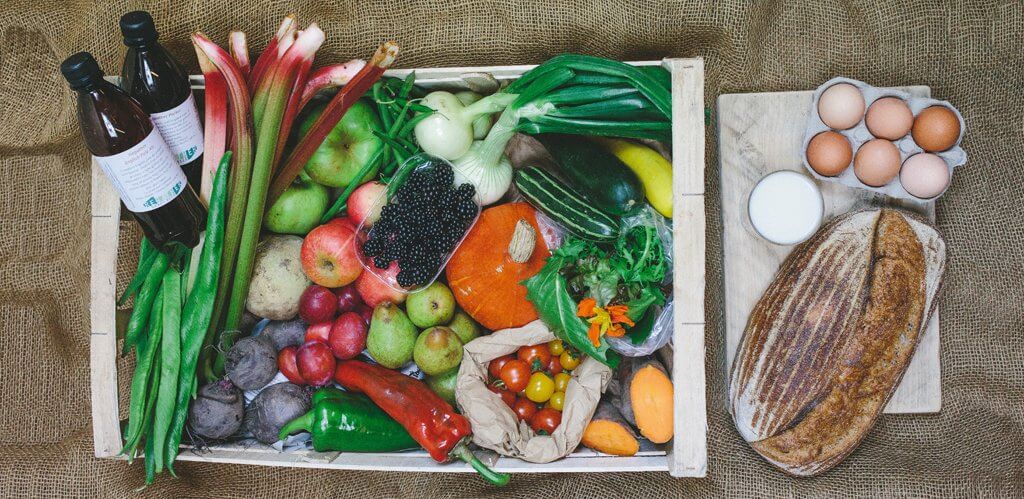
Its also been quite amazing to see the ingenuity and resilience of other local food producers as we have worked with them to dramatically expand our range of grocery products to give residents more of a complete weekly shop and local businesses a vital route to market in trying times.
This experience has been widely shared when we look at the national picture. A new report from the Food Foundation shows the impact the Covid-19 crisis has had on 101 surveyed Box Schemes of various sizes across the country.
“UK veg box sales have increased by 111% in the six weeks between the end of February 2020 and mid-April 2020”
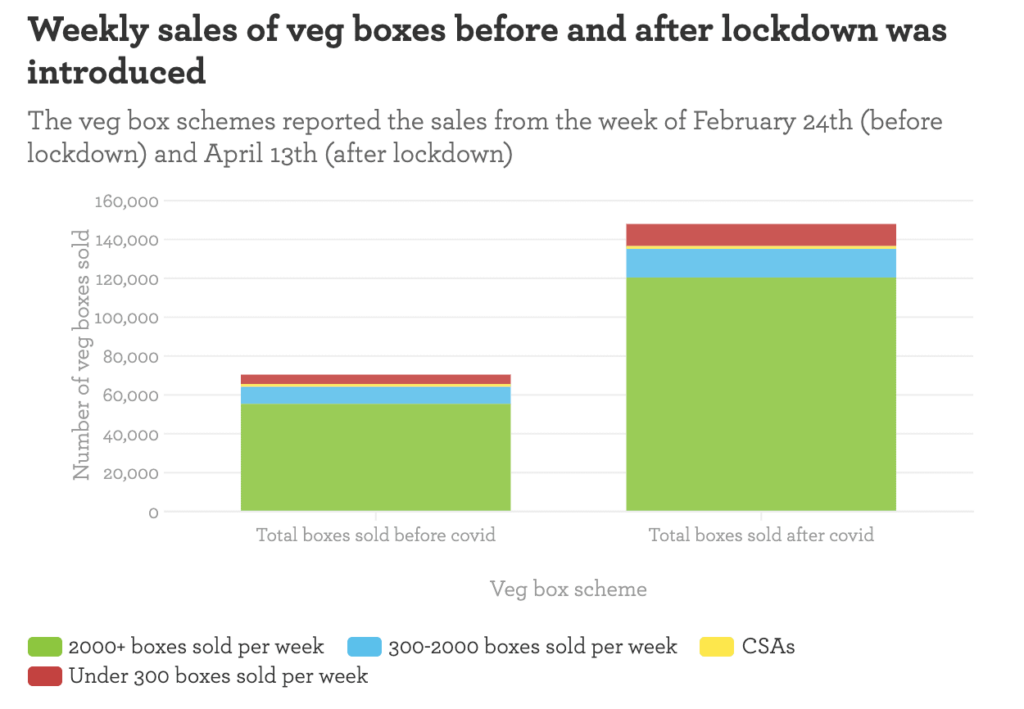
Work to accomodate this increased demand is clearly required to continue with many of the box schemes surveyed, including our own, having closed or paused new customer sales and maintaining waiting lists.
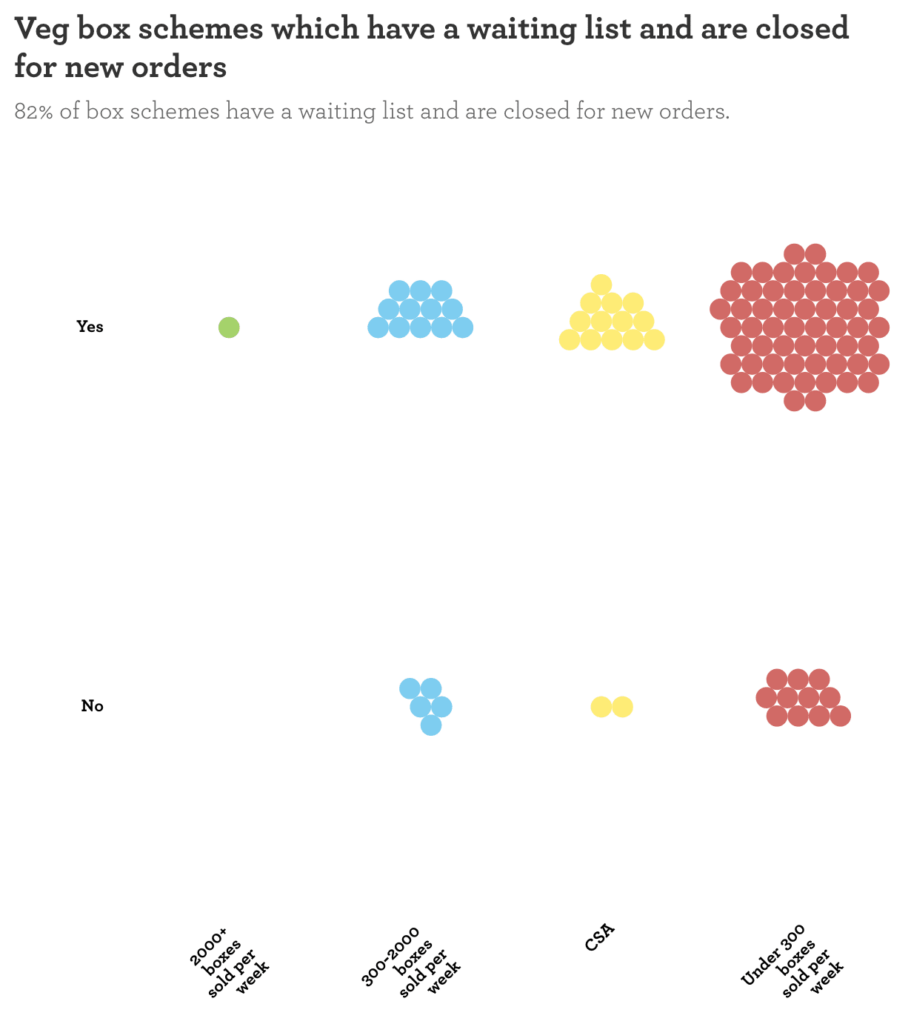
The report found that “the most frequently mentioned support required for box schemes to upscale fruit and vegetable supply, was investment in the form of small grants for box schemes. This investment would help with staffing, infrastructure such as polytunnels, delivery vehicles, cold stores and packing houses and specific supplies for deliveries such as boxes, cleaning and personal protective equipment.”
To upscale our operations we have been working around the clock to get the Regather Farm fully operational and contributing to the new demand for local food. Our work has required further fundraising to help deliver essential infrastructure improvements to our site, such as a new bore hole, water irrigation system, hard standing area and 300m of trackway, 1km of new hedgerow, a second-hand tractor, and new poly tunnel all of which have gone in since lockdown. Still there is much more to do.
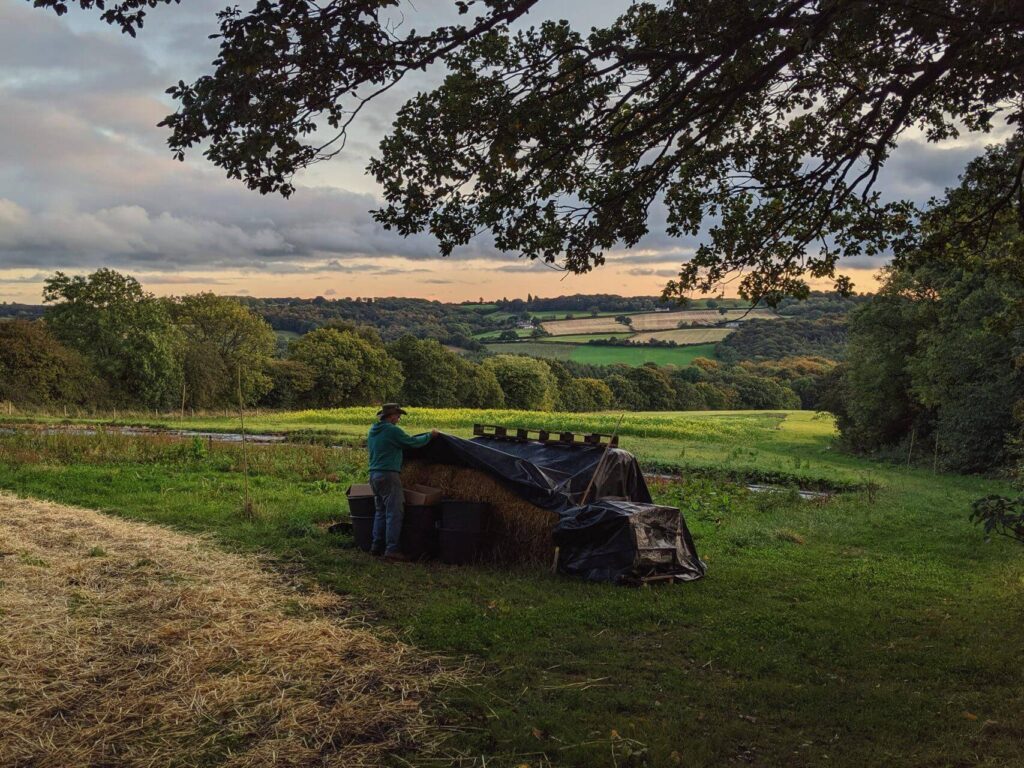
This crisis may well in many respects turn out to be the unexpected force which uniquely transform our organisation for the better and enables us to realise many of our long term goals with greater urgency. And in the context of the current and worsening global environmental breakdown, urgency could be in no greater demand.
Check out Gareth’s recent interview with the Institute of Sustainable Food: https://www.sheffield.ac.uk/sustainable-food/news/sheffield-food-business-coronavirus-response-and-resilience
Veg box data source: Food Foundation report on box schemes:
Headline data: https://foodfoundation.org.uk/fruit_and_veg_affect/new-food-foundation-data-veg-box-sales-increase-by-111-in-six-weeks-as-a-result-of-covid-19/
Full report: https://foodfoundation.org.uk/wp-content/uploads/2020/05/Food-Foundation-COVID-19-Veg-Box-Scheme-report.pdf

